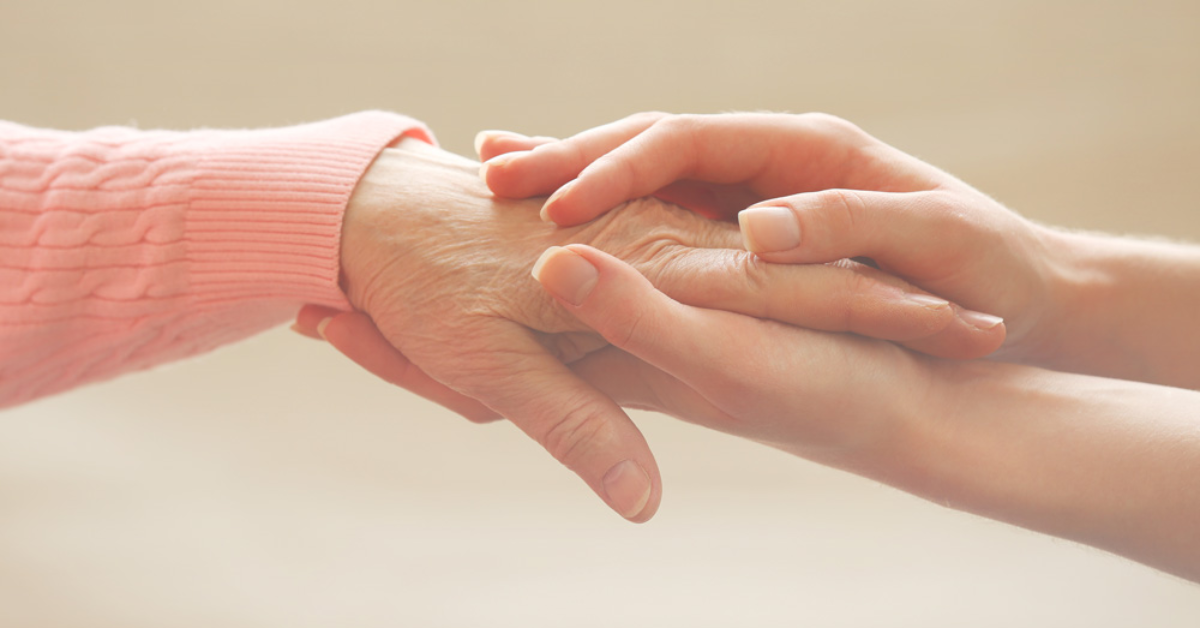The Healing Power of TCM Acupuncture in Singapore: A Comprehensive Guide to Restoring Balance and Wellness through Traditional Chinese Medicine
Acupuncture, a key pillar of Traditional Chinese Medicine (TCM), has gained recognition worldwide for its therapeutic benefits in promoting physical and emotional well-being. In Singapore, acupuncture is increasingly being embraced as a holistic approach to treat a wide range of ailments. Rooted in centuries-old practices, TCM acupuncture aims to restore the balance of Qi (vital energy) within the body, facilitating self-healing and preventing illness. This article explores the history, benefits, and growing popularity of TCM Acupuncture Singapore.
What is TCM Acupuncture?
TCM acupuncture involves the insertion of thin, sterile needles into specific points on the body, known as acupuncture points. These points correspond to pathways, or meridians, through which Qi flows. By stimulating these points, acupuncture helps regulate the flow of Qi, addressing blockages or imbalances in the body’s energy system.
According to TCM principles, disease occurs when the flow of Qi is disrupted, leading to physical, mental, or emotional distress. Acupuncture aims to restore harmony and ensure that Qi flows freely throughout the body, helping to treat a variety of conditions.
History of TCM Acupuncture
The roots of acupuncture can be traced back over 2,000 years to ancient China, where it was developed as part of the broader system of TCM. Over time, acupuncture evolved into a widely practiced healing art, known for its ability to treat ailments that conventional medicine struggled to address.
The practice of acupuncture was introduced to Singapore as early as the 19th century and has flourished as a key component of the country’s healthcare system. Today, acupuncture is commonly integrated with other TCM treatments, such as herbal medicine and tuina (Chinese therapeutic massage), offering patients a well-rounded approach to healing.
Health Benefits of TCM Acupuncture
TCM acupuncture is used to treat a wide range of conditions, from chronic pain to stress and digestive disorders. Some of the most common health issues acupuncture can address include:
- Pain Relief: Acupuncture is widely known for its effectiveness in relieving pain, particularly chronic conditions like back pain, arthritis, and migraines. It stimulates the body’s natural painkillers, endorphins, and enhances blood circulation.
- Stress and Anxiety Management: Acupuncture can help reduce stress and anxiety by regulating the nervous system, promoting relaxation, and encouraging mental clarity. It is often used as a treatment for emotional imbalances, including depression and insomnia.
- Digestive Health: Acupuncture helps improve digestion and treat conditions such as irritable bowel syndrome (IBS), bloating, and constipation. It regulates the digestive system’s function and relieves discomfort associated with digestive issues.
- Immune System Support: Acupuncture can boost the immune system by enhancing the body’s natural defense mechanisms. Regular acupuncture sessions help to strengthen the body’s resistance to infections and promote overall health.
- Women’s Health: Acupuncture is frequently used to treat a variety of gynecological issues, such as menstrual pain, infertility, and menopause symptoms. It is believed to help regulate hormonal balance and improve fertility outcomes.
- Detoxification: Acupuncture promotes detoxification by stimulating organs like the liver and kidneys, which play vital roles in filtering toxins from the body. It supports the body’s natural cleansing processes.
- Improved Sleep: By calming the mind and balancing Qi, acupuncture can improve the quality of sleep and alleviate issues like insomnia and restless sleep.
How Acupuncture Works in TCM
The principles behind acupuncture are based on TCM’s belief that the body is made up of a complex network of energy channels, or meridians, that connect different parts of the body. When these channels become blocked or imbalanced, physical symptoms and health conditions arise.
Acupuncture needles are inserted into specific acupuncture points along these meridians to restore balance. The process stimulates the flow of Qi, activates healing responses, and improves blood circulation. Depending on the condition being treated, acupuncture needles are left in place for a few minutes to allow the body to respond to the stimulation.
The Growing Popularity of TCM Acupuncture in Singapore
In recent years, TCM acupuncture has become increasingly popular in Singapore as more people seek natural, non-invasive treatments. With its growing reputation for providing relief from both physical and emotional discomfort, acupuncture is now viewed as a complementary therapy for people seeking alternatives to conventional medicine.
Many healthcare professionals in Singapore now recognize the benefits of integrating acupuncture into their practice. As a result, more TCM clinics and acupuncture specialists are opening up across the country, providing accessible and affordable treatments to the public.
What to Expect During an Acupuncture Session
Before starting acupuncture treatment, patients typically undergo a thorough consultation with a licensed TCM practitioner. The practitioner will evaluate the patient’s health condition by asking about symptoms, lifestyle, and medical history. They may also check the pulse, tongue, and other TCM diagnostic methods to gain insight into the patient’s overall health.
Once the diagnosis is made, the practitioner will insert the acupuncture needles at the relevant points on the body. Although the sensation of the needles may feel slightly uncomfortable, most people find the experience to be relaxing and even soothing.
After the needles are placed, the patient may be asked to rest for 20 to 30 minutes while the acupuncture session takes effect. Some patients experience immediate relief, while others may require a series of sessions to achieve optimal results.
Is TCM Acupuncture Safe?
When performed by a licensed and experienced practitioner, acupuncture is generally considered safe. In Singapore, acupuncture is regulated by the Traditional Chinese Medicine Practitioners Board, which ensures that practitioners meet professional standards of care.
Patients should always seek treatment from qualified acupuncturists who adhere to proper hygiene practices, including the use of sterile needles, to minimize the risk of infection.
Conclusion
TCM acupuncture is a time-tested healing practice that offers a range of therapeutic benefits for individuals seeking to restore balance and improve their health. In Singapore, acupuncture has become an essential part of the holistic healthcare landscape, providing an alternative or complementary treatment to conventional medicine. Whether you’re dealing with chronic pain, stress, or other health issues, TCM acupuncture can help promote overall wellness and well-being.





